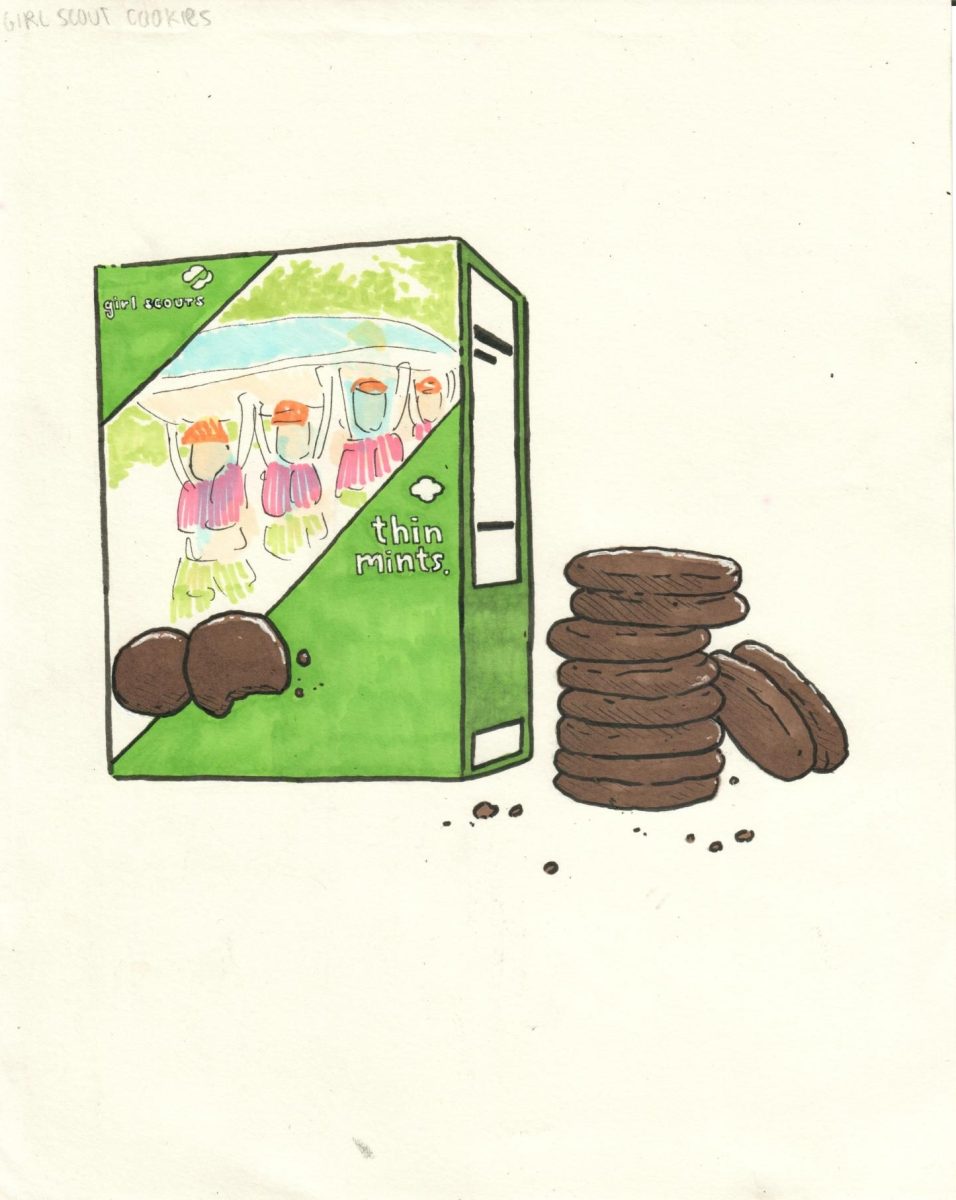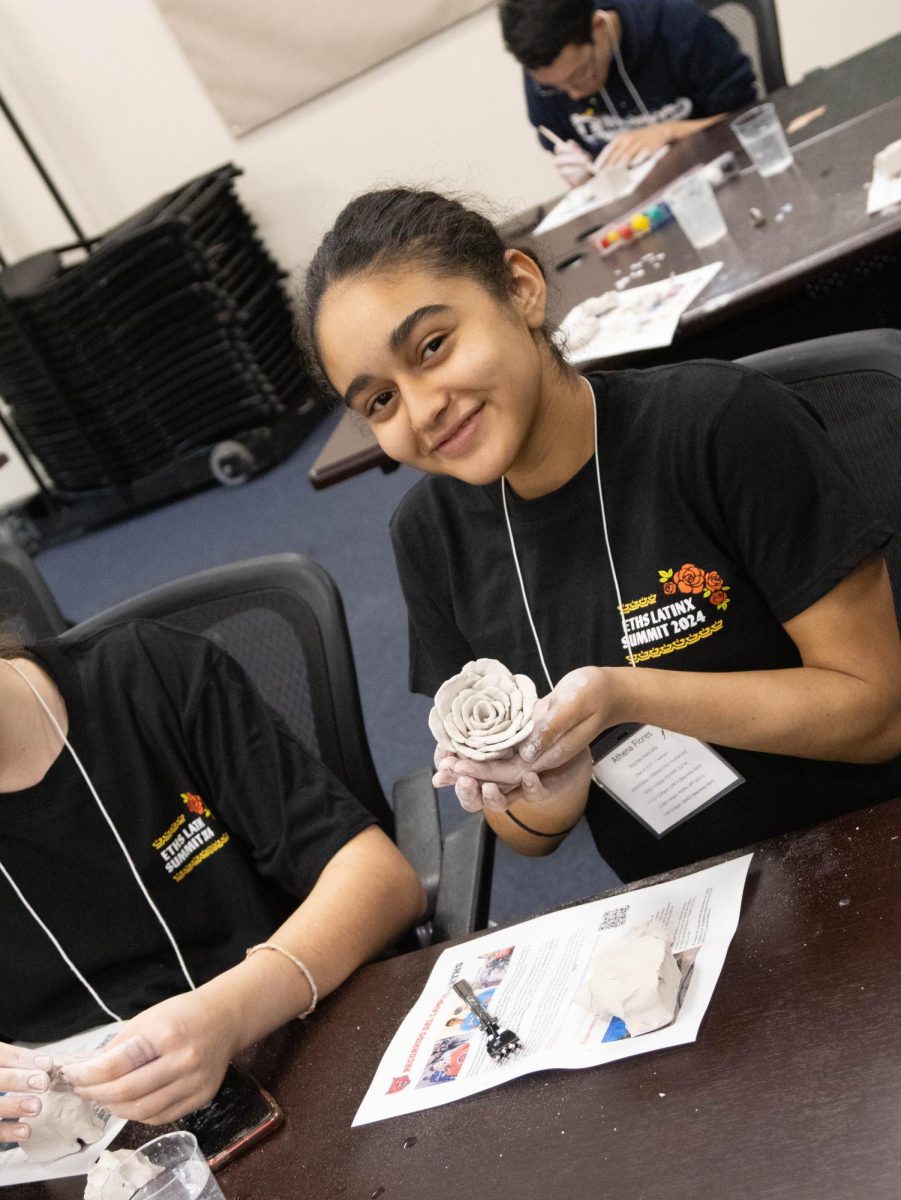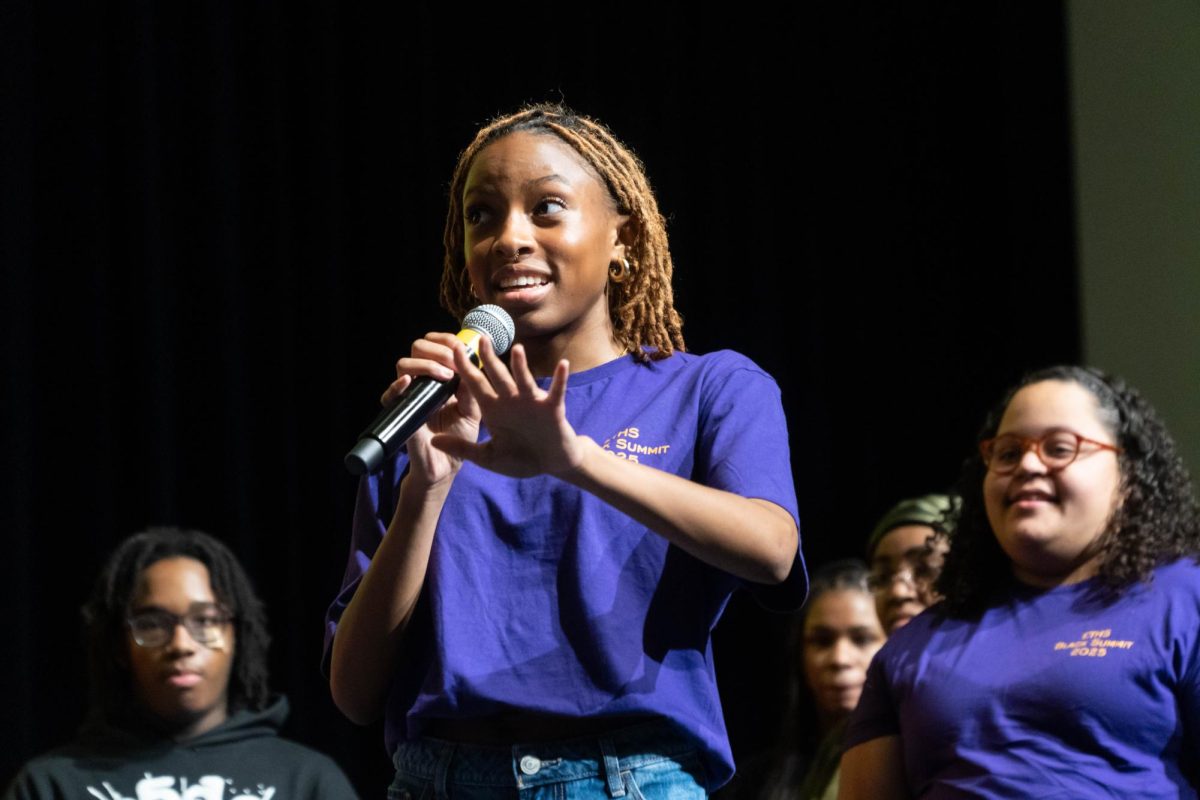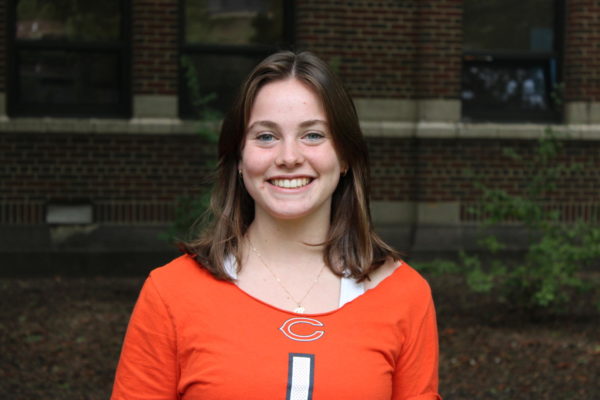On Feb. 1 and 2 at Northwestern University, Students Organized Against Racism (SOAR), a student-run club focused on building equity, met and had conversations about the reality of racism in their yearly conference. Participants had lengthy talks about moments of ongoing discrimination, and connected by sharing their own experiences and thoughts in relation to the topic.
“Whiteness as a system is an oppressive reality. I’m not talking about white people, I’m talking about whiteness as the structure that has said, ‘our bodies are worth certain ways, and our bodies have to exist in certain realities.’ This is the same system and structure that wrote, ‘all men are created equal,’ but also embraced the institution of slavery,” said Corey Winchester, a graduate fellow at Northwestern University and Staff Co-Coordinator of SOAR. “We don’t want folks to exist within this oppressive reality. So we examine that in our day-to-day engagements and our moment-to-moment interactions.”
For many of the attendees, including the adult organizers, the conference served as a moment of unity for participants.
“It was beautiful. I think each year they get better and better, each iteration of the conference. And not because the board changes, but because of the experiences of the students that come to the conference, how they light up and the amount of joy that fills the space,” said TaRhonda Woods, an ETHS science teacher and SOAR staff member. “It’s just a beautiful experience to witness.”
One of the defining aspects of SOAR is that it is entirely student-led. The conference was created and presented by students, with adult staff members only present for logistical reasons. This year, the conference had a record number of participants.
“There were 16 schools there and 12 districts. This is the first year we’ve had Chicago Public Schools [attend]. Having a wider perspective was nice,” said Woods. “Evanston can be a bubble and having folks who experience racism that looks very different allows for a more in-depth conversation.”
A key theme of the conference was learning how to facilitate conversations about pressing topics, especially ones that can be emotionally charged.
“[The conference] brings students together to share tools, resources and different information about how to have conversations with one another and think about the tools that we can use in our personal walks of life,” said Winchester.
The conference was two days long, going for seven hours each day. The first day focused on the overarching purpose of the conference.
“We used the first day to kind of really ground the conference. We spent some time in the beginning honoring folks who have been in this work,” said Woods. “And we ask, why are we doing this, what is our focus, what is our goal?”
The second day, on the other hand, was more focused on the skills associated with having courageous conversations. Organizers taught students how to use a tool called the ‘courageous protocol compass.’
“The compass is used to guide folks to think about where they are when they are engaging in courageous conversations. So there is a thinking quadrant, feeling quadrant, believing quadrant and action quadrant,” said Woods.
There were many distinct topics of conversation at the conference, including anti-Blackness, microaggressions, intersectionality and combating racism.
“There are lots of layers and systems of oppression. And this is really meant to be a space to learn about that and think about the world as we want it to be. One that’s free of those things,” said Winchester.
Joe Salgado, a senior at ETHS who attended the conference and is a member of SOAR, appreciated the thoughts that the conference provoked.
“I think the experience was very eye opening. It just gave me a lot of insight about race in general, and how it affects people’s lives, and my life,” said Salgado.
While Salgado had an enlightening experience, he also thought there was some potential for improvement in the types of discussions that occurred.
“I am African American and I have a disability. So those things intersect with each other. But I think at the conference, it wasn’t talked about enough. We went over it, but I think it could have been done in a better way,” said Salgado.
For Salgado, that disappointment didn’t negate the importance of the conference, and he encouraged more people to attend the event in future years.
For students interested in community engagement and leadership, SOAR presents opportunities to develop those skills.
“If there are folks interested in cultivating those spaces, then they should work to be on the SOAR board. That’s the core group of folks who have been doing the heavy lifting over the years,” said Winchester. “And it’s hard work. It’s a lot of learning, it’s a lot of growth, it’s learning how to facilitate, but I think at the end of the day, all of it is really rewarding.”







